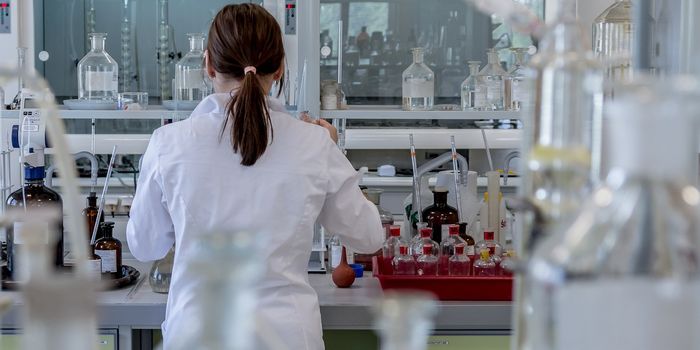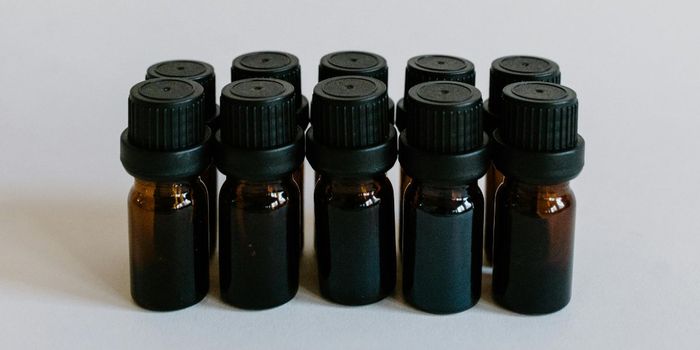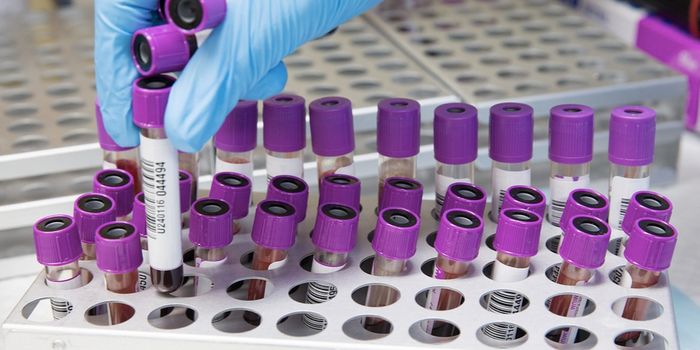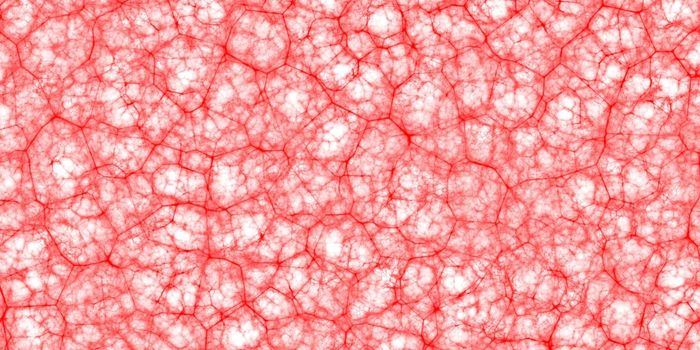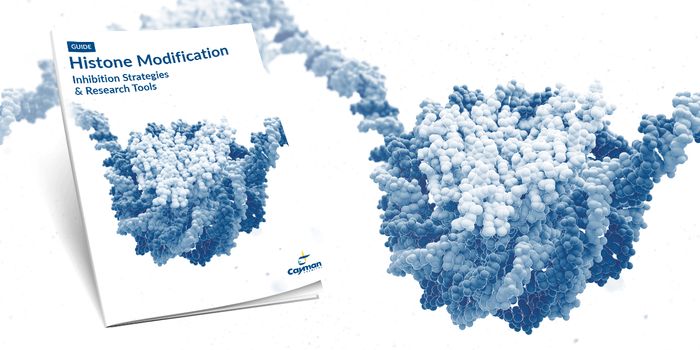Does inflammation make ADT symptoms worse?
A new study published in the journal Cancer considers the impact of inflammation on prostate cancer patients undergoing androgen deprivation therapy (ADT). Inflammation is a common side effect of ADT, as is fatigue, depression, and cognitive impairment. The study comes from researchers at the Moffitt Cancer Center who have identified a particular inflammation marker that is associated with increased fatigue in patients with prostate cancer.
"This is the first study that we know of that examines the association between inflammation and symptoms of fatigue, depression or cognitive impairment in prostate cancer patients receiving ADT," said Heather Jim, Ph.D., corresponding author and co-leader of the Health Outcomes & Behavior Program at Moffitt. ADT works by reducing the level of testosterone and other androgens, which can eventually shrink tumors or slow cancer cells’ growth. "Because the blocking of testosterone can increase inflammation in the body, we believe that inflammation may also be contributing to these symptoms."
To examine the role of inflammation in the development of symptoms related to ADT, the researchers assessed the fatigue levels and blood of two groups of men: prostate cancer patients beginning ADT and a control group of healthy men the same age. The team analyzed the participants’ blood to check for circulating markers of inflammation such as interleukin-1 receptor antagonist (IL-1RA), interleukin-6 (IL-6), soluble tumor necrosis factor receptor-2 (sTNF-R2) and C-reactive protein (CRP).

An increase in IL-6 was seen in patients receiving ADT, as was a significant increase in fatigue. "Interleukin-6 is a pro-inflammatory cytokine that is often associated with disruption of sleep and therefore fatigue," said lead author Aasha Hoogland, Ph.D., who is an applied research scientist in the Health Outcomes & Behavior Program at Moffitt. "Studies have shown testosterone can suppress the effects of IL-6, but ADT limits testosterone production in the body, which is why we may be seeing increased levels in this patient group."
While the researchers are still finetuning their analysis, they say that future steps will include taking steps to understand if interventions like exercise and anti-inflammatory medications can reduce fatigue in ADT patients.
Sources: Cancer, Eureka Alert

